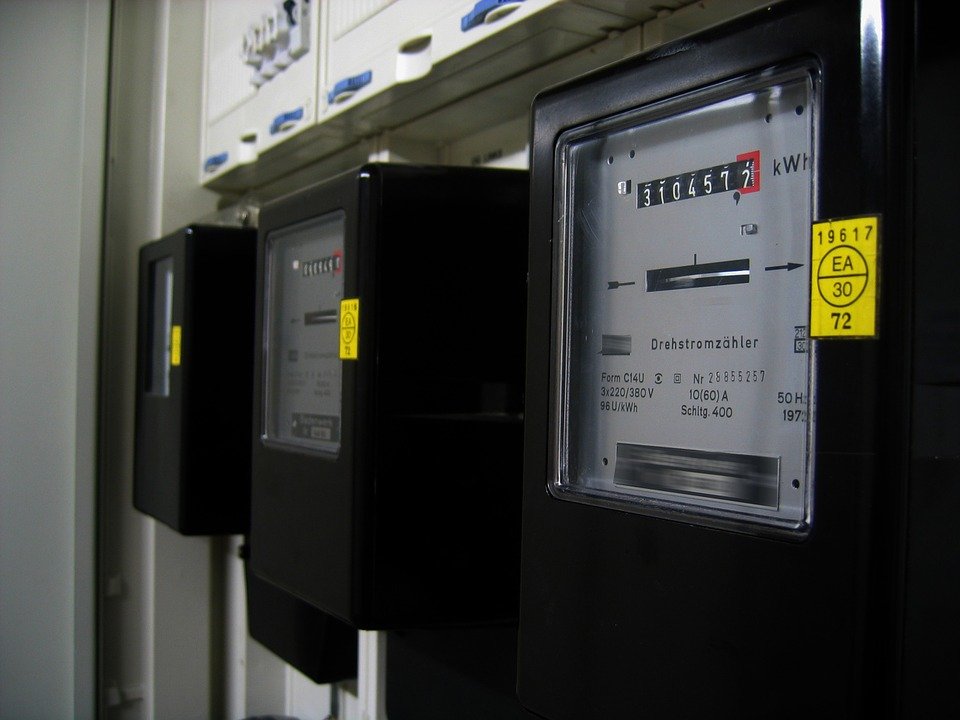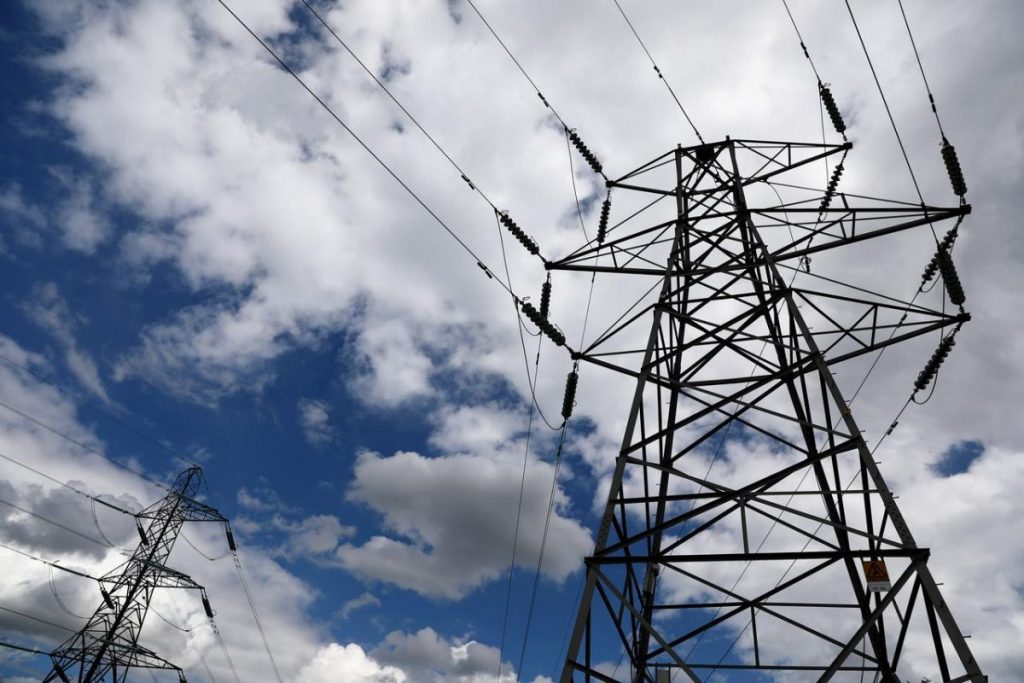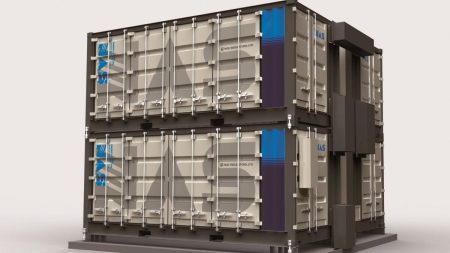
*Call for urgent amendment
OpeOluwani Akintayo
Lagos — As the Federal Government moves to tackle the nation’s metering challenge, two experts have picked holes in the Central Bank of Nigeria, CBN framework for financing the National Mass Metering Programme, NMMP.
In their Policy Brief – The CBN Framework for Financing the National Mass Metering Programme: Matters Arising – obtained by SweetcrudeReports, energy analyst, Oluwatosin Owoeye, and energy lawyer, Osawese Esamah, with a background in capital markets respectively, analysed relevant clauses of the framework against existing regulations and the realities in the Nigerian Electricity Supply Industry, NESI with a view to providing guidance to the CBN and market participants in the NESI, who may be impacted by the CBN framework.
Specifically, the experts, who faulted the classification of the DisCos and Local Meter Manufacturers and Meter Assemblers, LMMA as downstream and upstream operators argued that; while the classification of the LMMA as the upstream participant is right, the Meter Asset Providers, MAP should be the correct downstream participant and not DisCos, based on the extant MAP Regulations.
“We understand that the classification was adapted from the N250billion CBN Framework on solar financing, which classifies local solar equipment manufacturers as “upstream participants” and solar project developers as “downstream participants.” In our opinion, while the classification of the LMMA as the upstream participant is right, the Meter Asset Providers (MAP), should be the correct downstream participant and not DisCos, based on the extant MAP Regulations”.
According to them, the contractual relationship between the upstream participants and downstream participants ought to be defined in the CBN framework.
“We propose that the CBN Framework should define the contractual relationship between the upstream participant and downstream participant in the form of a firm meter purchase agreement (or meter off-take agreement) between the LMMA and the MAP. Section 9 of the MAP Regulations stipulates: “MAPs shall source a minimum of 30 percent of their contracted metering volumes from local meter manufacturing companies in Nigeria. Thus, the contractual relationship between the LMMA and MAP under the CBN Framework as proposed herein will be in consonance with the MAP Regulations if so adopted. There are immense economic benefits to the federal government if the above contractual relationship between the LMMA and MAP is adopted. For example, MAPs are tax-paying entities, thus, the government would earn more tax revenues under this contractual relationship,” they said.
On eligible activities, the experts stated that Clause 4.1 of the CBN Framework which stated that the “CBN facility will support the procurement, installation, and deployment of meters and metering infrastructure by DisCos” is in conflict with the extant MAP Regulations.
“We observe that the CBN Framework does not refer to the MAP Regulations which are the extant regulations on metering in the power sector. The MAP Regulations provide that all DisCos shall engage the services of Meter Asset Providers who would be responsible for procurement, installation, and deployment of prepaid meters to electricity customers. It should be noted that all DisCos have entered into long term metering services agreements (MSA), with their respective MAPs to meet their metering requirements.”
They concluded that while there is no clarity on the NMMP, the CBN intervention to provide financing for the NMMP is a step in the right direction.
“In conclusion, we affirm CBN’s right to develop financial interventions for specific sectors of the economy wishes to support it. However, the power sector is unique and is regulated by the NERC as the apex independent regulator in the sector. Thus, the CBN Framework for the national mass metering programme (NMMP), should be aligned with extant regulatory orders and regulatory instruments issued by NERC, especially in view of the fact that long term contractual arrangements have been consummated under such regulations. Lastly, the NMMP policy document should be subjected to public scrutiny to ensure it does not turn out to be another failure like past national mass metering programmes,” they said.



